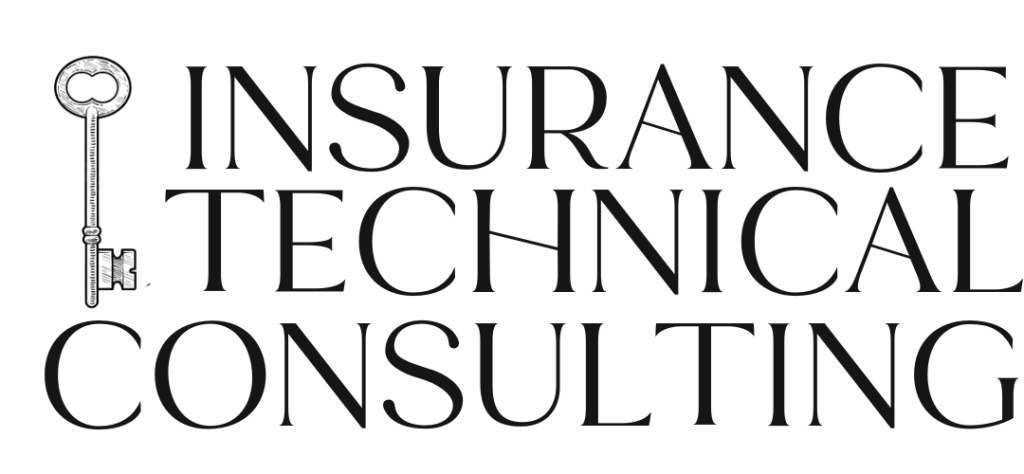
Which type of Aggregate Limit does your prospect need?
Probably even those studying to sit for licensing exam know that General Liability policies have Products-Completed Operations and General Aggregate limits. What is less well known is that GL has two other types of aggregate limits. Different types of businesses need different aggregates.
Last week’s post discussed how the GL limits and aggregates interact with each other, comparing the General and P-CO limits. This week the post will address three aggregate options:
Per Policy
Per Project
Per Location
Per Policy is another term for the plain vanilla General Aggregate limit on the policy. That limit, typically $2 million, will be on the policy unless something different is requested from underwriting. For claims arising from the premises and ongoing operations hazard, this is the total limit that will be paid to settle claims. Defense cost is treated differently, and typically has no limit on a General Liability policy.
Contractors often need a Per Project Aggregate. This means that claims from one project will not erode the limit available to other projects. The Per Project Aggregate can be blanketed, so that it applies to every project a contractor works on; or the aggregate can apply to just a single project.
In theory, this provides a limit of $2 million to hundreds or even thousands of construction projects. To limit this exposure, many carriers place a cap on the Per Project Aggregate, typically $5 or $10 million. Be clear on whether the policy has a cap. This difference could help land the account.
Per Location is the last type of Aggregate. It is needed for owners of multiple locations of buildings, restaurants, stores, etc. It works the same as the Per Project Aggregate, providing an uneroded $2 million for each location.
While these aggregates do make more limits available, they do not remove the need for an Umbrella, as claims can easily rise above $1 or $2 million from a single project or location.
Do your validating producers understand aggregate limits, or know where to learn about them? Insurance Technical Consulting specializes in one-on-one mentoring of commercial producers so they gain confidence in what they are selling and make fewer errors. Save your agency time with potential to increase revenue and reduce E&O costs. Explore the website at InsuranceTechnicalConsulting.com for more information.
Share Post :
